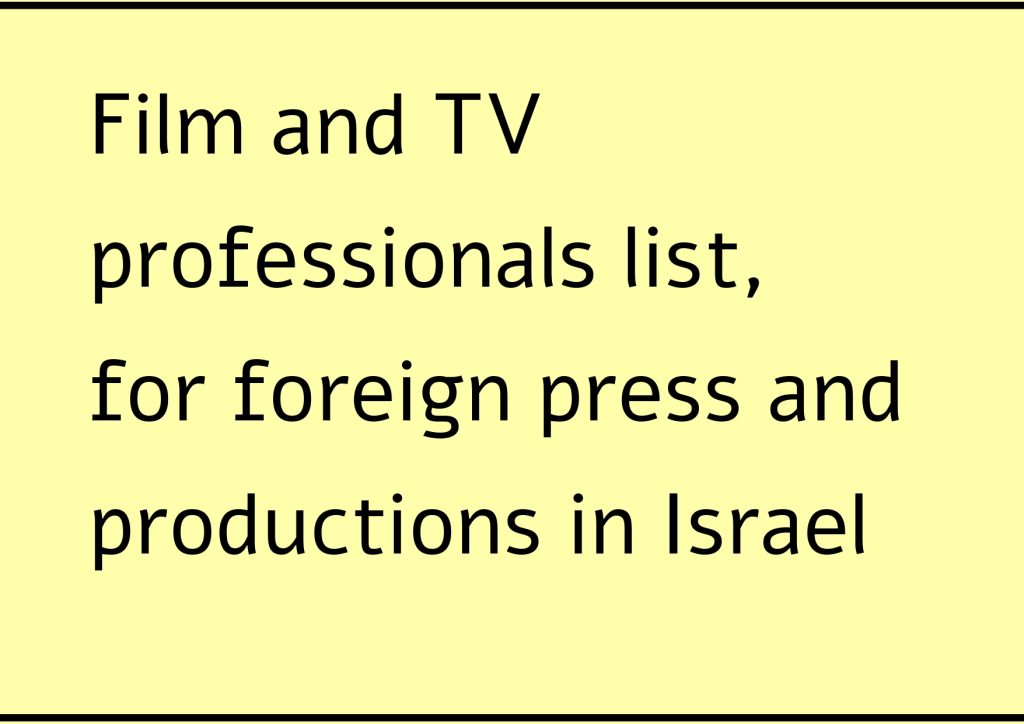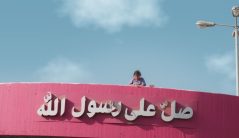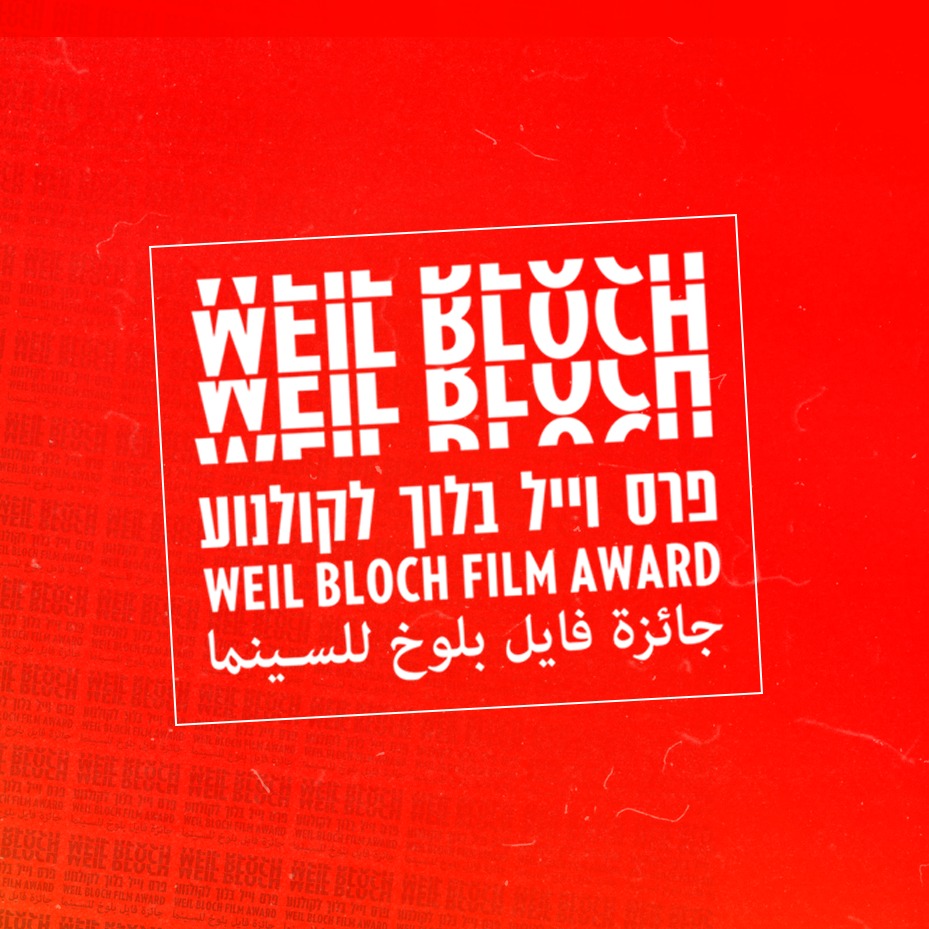A Place of Her Own
Search the Site
Newsletter Signup
Sign up to our newsletter to receive updates about what's going on at the NFCT
A Place of Her Own
For four years, the director documented Reut, a girl who was in an out of shelters, and ended up on the street. At the age of 17 Reut had her first son, who was taken away from her by social services. During filming, while fighting the State for custody of her son, she meets a Palestinian man and marries him. She moves to an Arab village and has two more children. Along the way she meets people who try to help her but also take advantage of this lost child. Amongst other things, an impossible relationship develops between Reut and her son’s foster family, a religious family from Gush Katif. Over the years the director manages to slowly reveal her introverted but heart-warming personality. She only wishes to find a place of her own and some peace and quiet, but her life is full of twists and turns that surprise and shock, until the tragic end of the tale.
Festivals and Awards:
First Prize for Best Debut Film at the DocAviv International Film Festival, Israel, 2011; Fipa Biarritz International Film Festival, France, 2012; Santa Barbara International Film Festival, USA, 2012; The Other Israeli Film Festival, USA, 2011; International Women's Film Festival Rehovot, Israel, 2011; Exile Film Festival, Sweden, 2011
Director: Sigal Emanuel
Producer: Dikla Barkai
Production Company: Abot Barkai Productions
Cinematographer: Sigal Emanuel
Editor: Ayala Bengad
Soundtrack Editor: Itay Halevi
Original Soundtrack: Dikla
Supporter(s): The New Fund for Cinema and Television. Yes Docu
Script: Ayala Bengad
Subtitles: Hebrew, English
Film Name in Hebrew: רעות
Relevant Links:
The film's page on IMDBCategory: Children and Youth / Family / Human Rights / Identity / Women
Tag Words: Arab minority domestic violence foster family Motherhood poverty social services welfare system youth at risk
For four years, the director documented Reut, a girl who was in an out of shelters, and ended up on the street. At the age of 17 Reut had her first son, who was taken away from her by social services. During filming, while fighting the State for custody of her son, she meets a Palestinian man and marries him. She moves to an Arab village and has two more children. Along the way she meets people who try to help her but also take advantage of this lost child. Amongst other things, an impossible relationship develops between Reut and her son’s foster family, a religious family from Gush Katif. Over the years the director manages to slowly reveal her introverted but heart-warming personality. She only wishes to find a place of her own and some peace and quiet, but her life is full of twists and turns that surprise and shock, until the tragic end of the tale.
Festivals and Awards:
First Prize for Best Debut Film at the DocAviv International Film Festival, Israel, 2011; Fipa Biarritz International Film Festival, France, 2012; Santa Barbara International Film Festival, USA, 2012; The Other Israeli Film Festival, USA, 2011; International Women's Film Festival Rehovot, Israel, 2011; Exile Film Festival, Sweden, 2011
Relevant Links:
The film's page on IMDBDirector: Sigal Emanuel
Producer: Dikla Barkai
Production Company: Abot Barkai Productions
Cinematographer: Sigal Emanuel
Editor: Ayala Bengad
Soundtrack Editor: Itay Halevi
Original Soundtrack: Dikla
Supporter(s): The New Fund for Cinema and Television. Yes Docu
Script: Ayala Bengad
Subtitles: Hebrew, English
Film Name in Hebrew: רעות
Category: Children and Youth / Family / Human Rights / Identity / Women
Tag Words: Arab minority domestic violence foster family Motherhood poverty social services welfare system youth at risk










 With the support of the Ministry of Culture - The Israel Film Council
With the support of the Ministry of Culture - The Israel Film Council